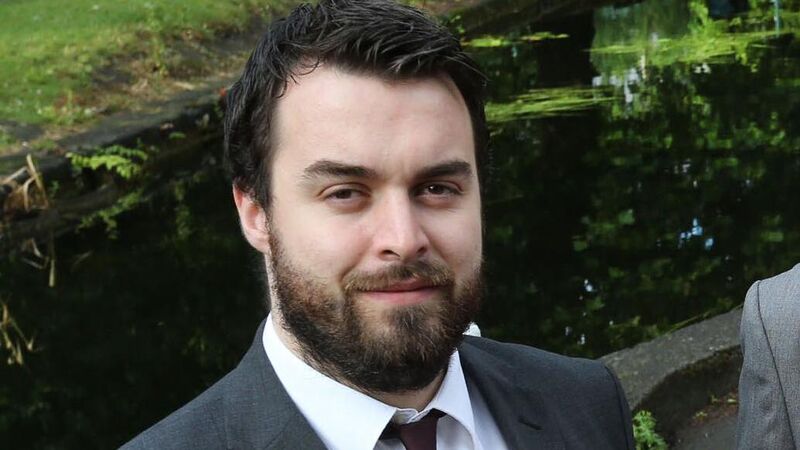Ibec: Little chance of tax cuts in next 10 years

Ibec chief economist, Gerard Brady
Employers group Ibec has warned there will be little room for tax cuts over the next 10 years despite the economy set for robust growth in the near-term.
However, it also suggested there is no immediate need for tax increases, either. Given economic growth forecasts of between 8% and 15% for this year, Ibec said there is no need for a return to austerity.











